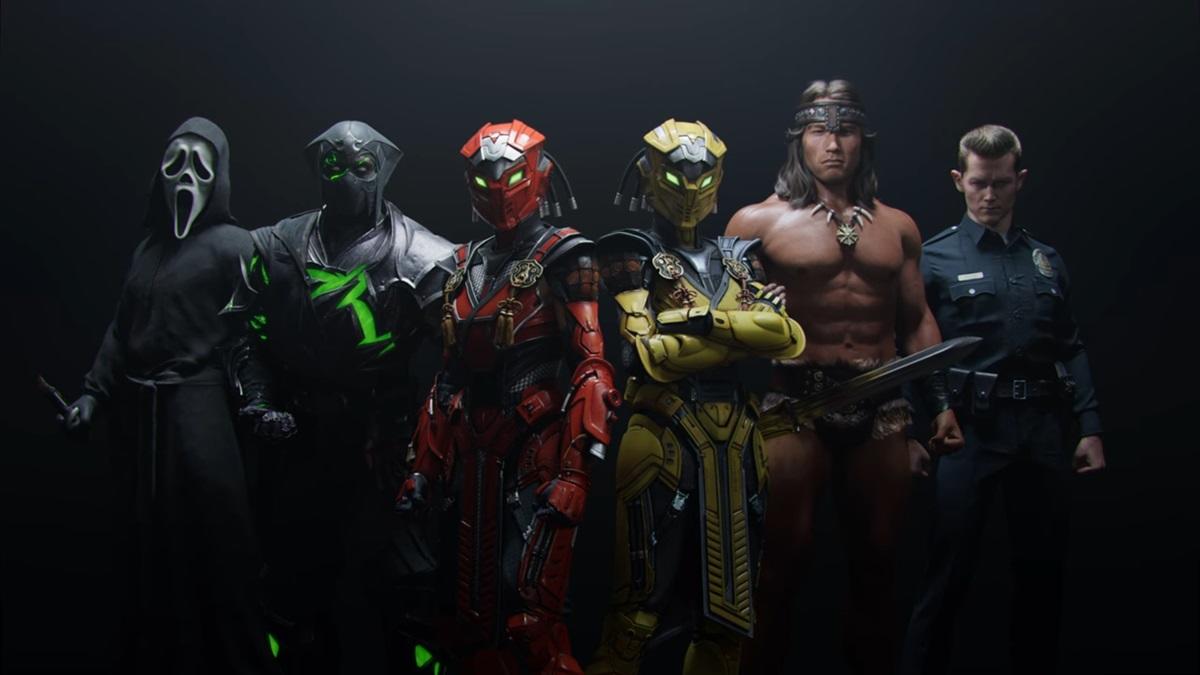NASA to Shut Down One of Its Most Famous Projects
After four and a half decades in service, it looks like the lifespans of Voyager 1 and Voyager 2 are nearing the end. In a new piece that made its way to Scientific American this week, it was revealed NASA tends to wind down the systems currently aboard the two spacecraft. If all goes to plan, shutting off select instruments will preserve enough power for the probes to continue relaying data until 2030 or so. Without any changes to the instruments, it's expected the craft would go offline in 2025.
"We're at 44 and a half years," physicist Ralph McNutt told the magazine. "So we've done 10 times the warranty on the darn things."
The Voyager vessels were first assembled to explore the furthest reaches of our solar system, with scientists hoping to capture glimpses of Saturn, Jupiter, Neptune, and Uranus. Both spacecraft launched in the summer of 1977 and both Voyager 1 and Voyager 2 have outlasted researcher's wildest expectations.
The probes have given scientists their first looks at the moons of those far-residing planets, with Voyager 2 becoming the first-ever spacecraft to fly past Uranus and Neptune. To date, the craft is the lone probe to make such a journey.
"Four years—that was the prime mission," added Suzanne Dodd a project manager with the Voyager launch. "But if an engineer had a choice to put in a part that was 10 percent more expensive but wasn't something that was needed for a four-year mission, they just went ahead and did that. And they wouldn't necessarily tell management.
45 years after launch, both craft are in perfect working order. In 2012, Voyager 1 even became the first craft to enter interstellar space, a part of the cosmos outside of our immediate solar system. Voyager 2 went on to reach interstellar space six years later, still transmitting data to scientists back on Earth.
Most famously, however, the Voyager project also included two records embedded with data should extraterrestrial life manage to get their hands on the probes. Included on those records are pictures of Earth's various wildlife, including various members of the human race. The records also include a recording of Bach's Concerto No. 2 and Chuck Berry's "Johnny B. Goode."The records also carry a message from then-president Jimmy Carter.
"We hope someday, having solved the problems we face, to join a community of galactic civilizations," Carter reportedly says on the record. "This record represents our hope and our determination, and our good will in a vast and awesome universe."




